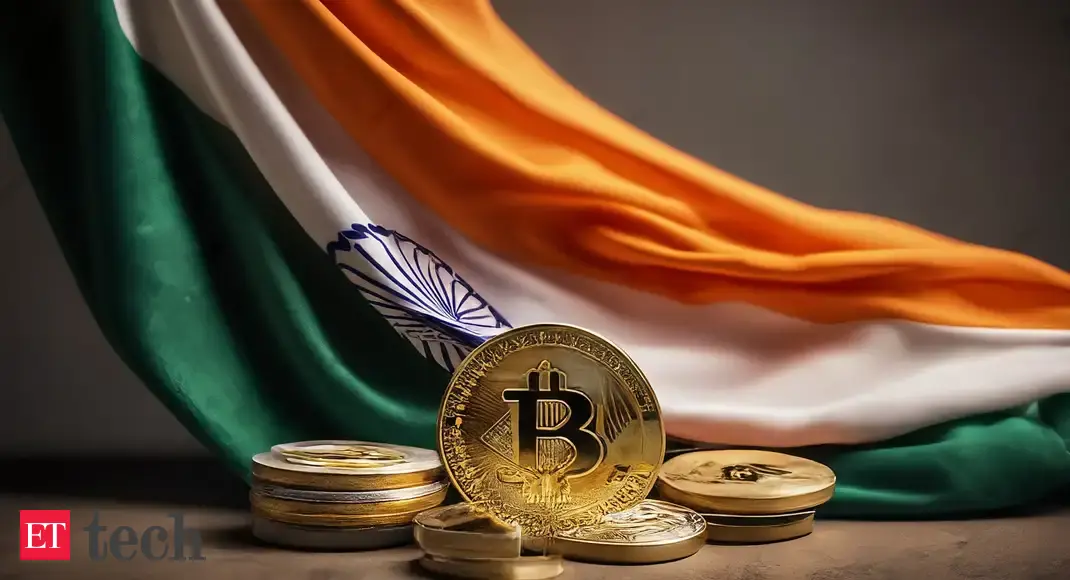

India's tax authority is exploring a new legal framework for virtual digital assets (VDAs), potentially reshaping how crypto is regulated and taxed. The Central Board of Direct Taxes (CBDT) has circulated a detailed questionnaire to crypto platforms to gather insights.
The questionnaire asks whether a comprehensive VDA law is needed in India and which agency should oversee it, such as SEBI, RBI, MeitY, or FIU-IND. It also seeks input on whether the 1% TDS (tax deducted at source) on every sale is excessive and what an equitable rate would be, as well as whether traders should be allowed to offset losses against profits. Other questions address offshore migration of trading volumes, clarity on derivatives, and readiness for the OECD's crypto-asset reporting framework.
Currently, India taxes crypto gains at 30% and disallows loss offsets, unlike stocks. This has led many traders and platforms to move to countries like Dubai with more favorable policies. Proponents suggest that India may introduce a comprehensive VDA law this year, aligning with G20 commitments. Globally, the trend is towards regulation rather than prohibition, with China being an exception.
In other news, Indian companies are facing delays with tech deals in China as Prime Minister Narendra Modi prepares to visit China.
India is also preparing to limit Chinese investment in domestic electronics joint ventures to 10%, provided there is a clear commitment to technology transfer. This decision comes as Chinese firms show greater willingness to comply with such conditions, with access to the U.S. market becoming increasingly difficult amidst tariff escalations. India is keen to support domestic firms in expanding into the U.S. market, signaling a broader move to rebalance global supply chains in India's favor. Priority would be given to Chinese electronics manufacturing service providers and supply chain partners over consumer-facing brands, reflecting the Centre's aim to foster a self-sufficient Indian electronics ecosystem.
Several Indian electronics firms are finding it difficult to secure government approvals for joint ventures with Chinese companies, especially those involving technology transfers. This delay has cast a shadow over plans to meet the July 31 deadline for applying under the Centre's incentive scheme for electronics components manufacturing. The heightened scrutiny comes amid escalating geopolitical tensions. A major concern among Chinese partners is the Indian government's unofficial stance of capping their stake in JVs at 10%, especially for ventures where technology transfer is involved. This stake limitation would also exclude Chinese partners from active participation in day-to-day operations.
India is considering backing Chinese investments in the electronics sector, contingent on joint ventures with Indian firms and technology transfer. Government officials have emphasized that Chinese investments should be permitted only in joint ventures with Indian partners, with clarity on technology and know-how transfer. This is because many of the components and other manufacturers come from China.